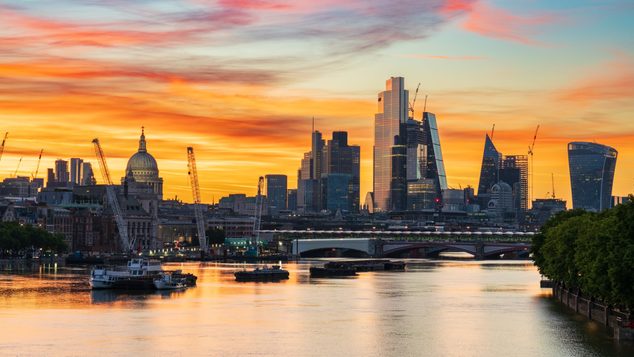Up until 2019, I would have spent much of the end of October, beginning of November, bulling boots, polishing fiddly bits of metal and marching around a parade square in cold wind and rain. Remembrance Sunday, quite rightly and obviously, plays a major part in the military community’s calendar. Since leaving the Army two years ago, my relationship with Remembrance Sunday has changed. No longer am I part of a big group effort, with familiar services, hymns, parades… Instead, it is more incumbent on me to gather my own thoughts, to physically and mentally take part in remembrance of my own choosing. Below, I’ve highlighted some of the areas that are important to me and will be in my thoughts at 11am this Sunday.
While Remembrance Sunday’s primary reason is to remember fallen service men and women in conflicts since the First World War, I believe the last 18 months have shown that the role the military plays in society often goes beyond warfighting. Throughout the coronavirus outbreak, the military has supported the UK government and private institutions to try and mitigate, as much as possible, the impact the pandemic has had on our society. As an ex-logistician, I’ve heard a number of first-hand accounts from old colleagues of lengthy periods spent away from family, putting long hours in, all in unfamiliar and tense circumstances. Fortunately, our military are well prepared to work in these sorts of high-pressure environments, but this doesn’t make it easy. I will be thinking of these colleagues this Sunday.
When asked to write this piece, I thought it appropriate to go back to first principles and remind myself of the intent of Remembrance Sunday. Top of the Royal British Legion’s web page is the following:
Remembrance honours those who serve to defend our democratic freedoms and way of life.
While Remembrance focusses on the armed services, it is my opinion (all opinions my own) that we should consider those public servants and key workers who have battled the virus as having served to “defend our way of life”. While we should be thankful to the teachers, essential shop workers, bus/train drivers and others who kept the country running as much as possible, I believe it is the health workers who have been on the front line, putting themselves in harm’s way. I was particularly struck last year hearing stories of retired doctors and nurses returning to hospitals to help save lives, even more so by those who lost their lives in doing so. I will be thinking of these nurses and doctors this Sunday*.
One event I am sure will be of particular significance this Remembrance Sunday will be the withdrawal of coalition troops from Afghanistan in July. While never deploying there myself, over my (short) career and since, I have met a number who have. I catch up fairly regularly with a group of ex-soldiers now working in the city, all of whom served far longer than I had, and with multiple tours of Afghanistan under their belts. I posed the question to them, given their experiences, how they felt about the sudden withdrawal. I suppose I shouldn’t have been surprised to hear split opinions. All had friends and colleagues who had lost their lives in Afghanistan or had suffered long-term physical and mental trauma, and they agreed that the toll would continue to rise as long as our presence remained. They were also largely unsurprised by what followed the withdrawal. Adam was a warrant officer in the Intelligence Corps, and having spent much of his time overseas with local nationals and interpreters, his concerns and thoughts were with those who had helped and supported coalition forces, but had now been left behind to an unknown fate. While I remember those British service people who lost their lives over our two decades of operations in Afghanistan, I will also be thinking of those nationals who lost theirs, and who remain.
It looks like things will largely be back to normal for services of remembrance this year, but naturally there may be some concern lingering about returning to large-scale events. However (and indeed if) you choose to mark remembrance this Sunday, as well taking a moment for those who have given their lives in service of our freedoms, also take a second to reflect on others who have sacrificed for our way of life.
At the going down of the sun, and in the morning,
we will remember them
*A list of doctors and nurses who have lost their lives can be found at these two links:
https://www.nursingtimes.net/news/workforce/in-memory-a-list-of-nursing-staff-who-have-sadly-died-from-covid-19-20-04-2020/
https://www.bmj.com/covid-memorial




